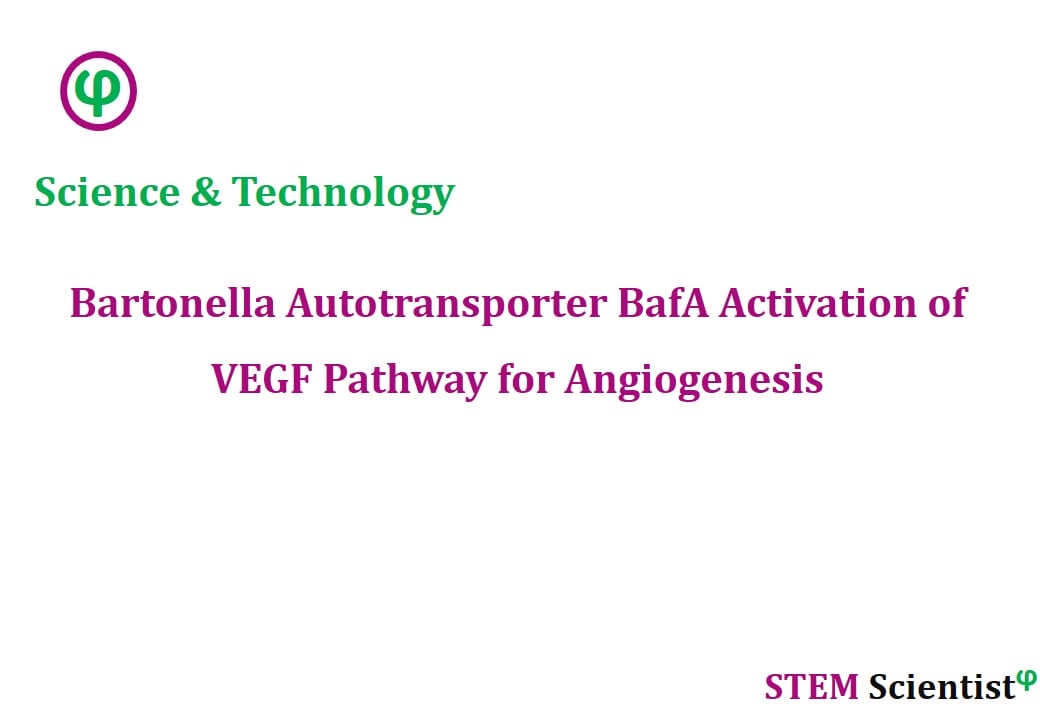
The following study was conducted by Scientists from Department of Microbiology, Fujita Health University School of Medicine, Toyoake, Aichi, Japan; Department of Molecular Bacteriology, Research Institute for Microbial Diseases, Osaka University, Yamada-oka, Suita, Osaka, Japan; Department of Signal Transduction, Research Institute for Microbial Diseases, Osaka University, Yamada-oka, Suita, Osaka, Japan; Division of Biomedical Polymer Science, Institute for Comprehensive Medical Science, Fujita Health University, Toyoake, Aichi, Japan; Division of Gene Expression Mechanism, Institute for Comprehensive Medical Science, Fujita Health University, Toyoake, Aichi, Japan; Division of Molecular Genetics, Institute for Comprehensive Medical Science, Fujita Health University, Toyoake, Aichi, Japan; Genome and Transcriptome Analysis Center, Fujita Health University, Toyoake, Aichi, Japan; Division of Infectious Diseases, University of Pittsburgh School of Medicine, Pittsburgh, PA, USA. Study is published in Nature Communications Journal as detailed below
Nature Communications; Volume 11, Article Number: 3571; (2020)
The Bartonella Autotransporter BafA Activates The Host VEGF Pathway to Drive Angiogenesis
Abstract
Pathogenic bacteria of the genus Bartonella can induce vasoproliferative lesions during infection. The underlying mechanisms are unclear, but involve secretion of an unidentified mitogenic factor. Here, we use functional transposon-mutant screening in Bartonella henselae to identify such factor as a pro-angiogenic autotransporter, called BafA. The passenger domain of BafA induces cell proliferation, tube formation and sprouting of microvessels, and drives angiogenesis in mice. BafA interacts with vascular endothelial growth factor (VEGF) receptor-2 and activates the downstream signaling pathway, suggesting that BafA functions as a VEGF analog. A BafA homolog from a related pathogen, Bartonella quintana, is also functional. Our work unveils the mechanistic basis of vasoproliferative lesions observed in bartonellosis, and we propose BafA as a key pathogenic factor contributing to bacterial spread and host adaptation.
Source:
Nature Communications
URL: https://www.nature.com/articles/s41467-020-17391-2
Citation:
Tsukamoto, K., N. Shinzawa, et al. (2020). “The Bartonella autotransporter BafA activates the host VEGF pathway to drive angiogenesis.” Nature Communications 11(1): 3571.


